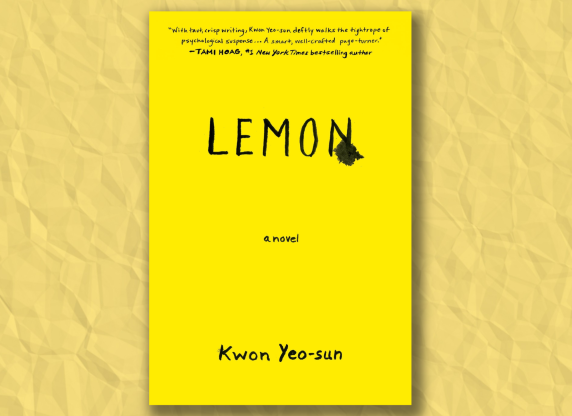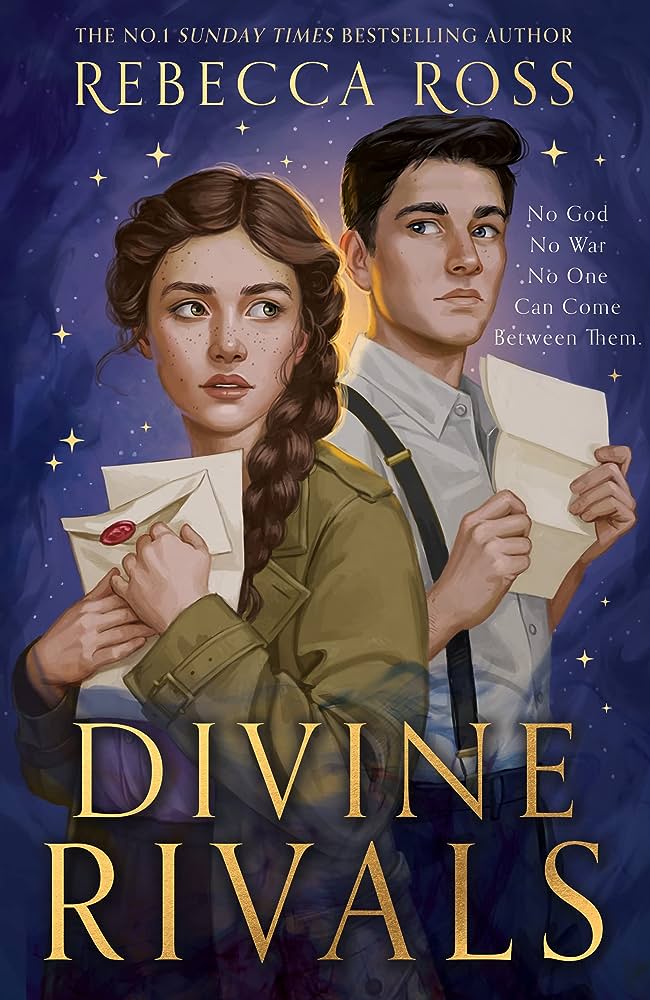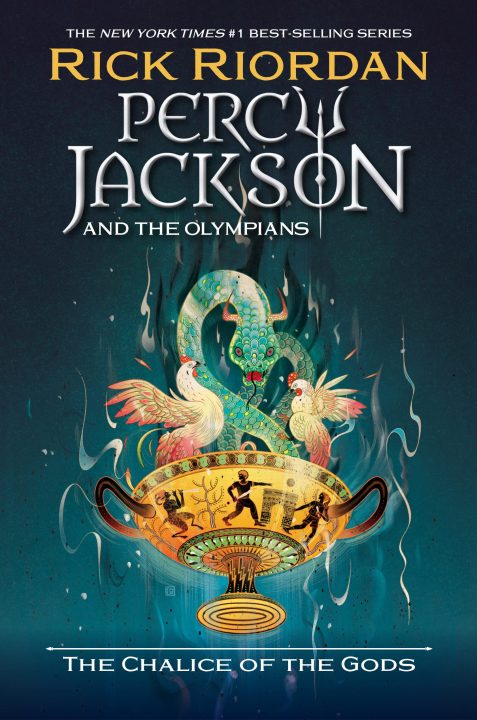
This is a new feature in The Statesman that will review books in a unique way. Rather than the staid, straightforward critical reviews that you would typically find in The New York Times, this new approach will be breezy and more conversational but still offers a critical lens of the book. Happy reading!
I recently finished reading “Lemon” by South Korean author Kwon Yeo-sun, and I must admit the book left me mesmerized for days. Reading translated fiction written by international authors opened me to a new world of literature, as these works usually differ significantly from American authors’ in terms of writing styles and the themes they convey.
Set 17 years after the death of Kim Hae-on (in Korea, the family name Kim comes first), the story revolves around her younger sister, Da-on, and her two classmates as they struggle to cope with and understand the mysterious circumstances behind Hae-on’s death. While some think it’s a murder, others believe Hae-on might have killed herself. Rather than focusing solely on discovering the truth, this crime novel focuses on the long-lasting impacts of trauma and the emotions of those left behind.
Kwon’s writing in “Lemon” is beautiful, with lyrical prose that evokes the raw thoughts and emotions of the three main characters. With an underlying sense of mystery, readers begin to question the motives of each character. The author portrays a beautiful, yet dark narrative — producing a bewitching blend of emotion and social commentary that grabs hold of your attention, refusing to let go. I often found myself underlining heaps of eloquent lines and “dog-earing” pages to return to them later.
However, the richness of “Lemon” does not just stop at the prose but continues into the themes it discusses. Kwon navigates the complexities of grief beyond an individual’s experience, highlighting its communal nature and ability to shape our interactions with others. Da-on’s grief causes her to undergo plastic surgery to resemble her late sister and invigorates her with fury to hunt down the alleged killer, Han Manu.
One classmate takes to therapy, making ambiguous statements about her husband’s relationship with Hae-on. Simultaneously, she peels back the layers of gender and privilege within contemporary Korean culture, speaking about the inferior positions women are often subjected to. It’s a delicate balance that Kwon navigates gracefully, enchanting readers with newfound insights into these frequently intertwined issues. As you might be able to judge, “Lemon” is not your ordinary thriller novel, as Kwon blends the psychological crime genre with the literary fiction genre. However, there are a couple of points in the book that might deter some readers.
The complex undertones present in “Lemon” are undeniably brilliant. However, they swell the story with a certain weightiness. “Lemon” is not a book you can mindlessly read, but one where you must devote your full attention to understand the stunning intricacies woven into its narrative. “Lemon” also thrives on ambiguity, which may not appeal to those who usually need all of their questions answered. The mystery surrounding the death of Kim Hae-on — whether the death was a murder or a suicide — remains unsolved; its aftermath isn’t completely crystal clear either. With many aspects of the story deliberately left unrevealed, the narrative swells with an eerie suspense that hooks readers. Just a word of advice: keep the story’s inherent ambiguity and the melding of the genres in mind, as they will significantly impact your perception of the book.
Kwon’s writing is nothing short of magical and otherworldly, pulling readers into a story that is as beautiful as it is dark. Although the story can be intricate, Kwon’s wicked writing style bewitches you, and you may end up finishing the book in a single day. Reading “Lemon” is a thought-provoking journey that leaves you pondering long after turning the final page.














